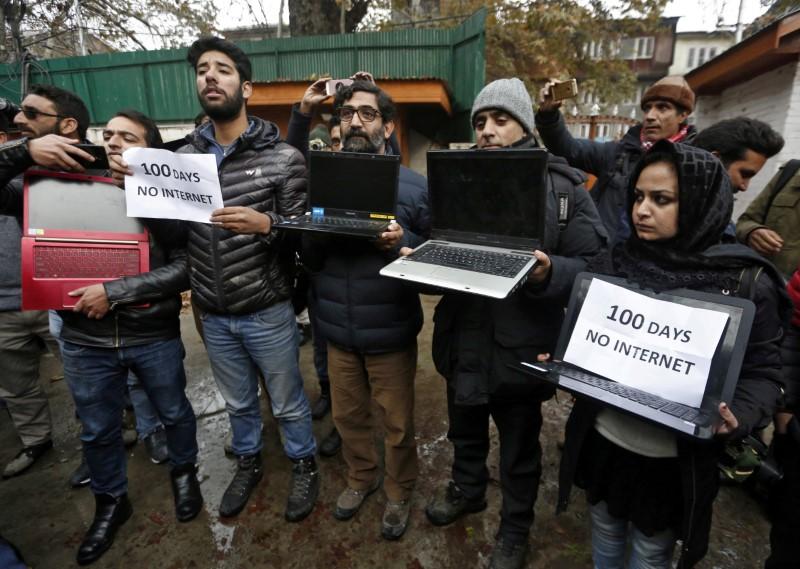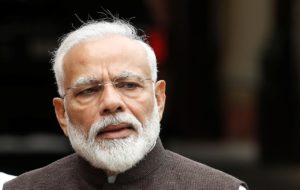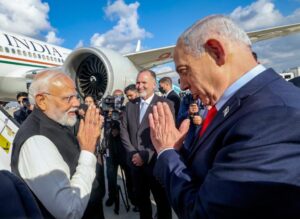Ban On High-Speed Internet In Kashmir Extended

FILE PHOTO: Kashmiri journalists display laptops and placards during a protest demanding restoration of internet services in Srinagar
The ban on high-speed internet in 18 out of 20 districts of Kashmir has been extended until November 12.
In an order issued on Wednesday evening, the administration in the federal territory said the restrictions on high-speed internet were “felt absolutely necessary in the interest of the sovereignty and integrity of India”.
High-speed internet in the Himalayan region had been cut off since last August, when the Union government revoked the semi-autonomous status of the Jammu and Kashmir state, divided it into two federally ruled territories and imposed a complete lockdown and communications blackout.
The order said security agencies “apprehended that anti-national elements might misuse” high-speed connections “for carrying out activities inimical to the public order besides persuading the youths to join militancy”.
Although some of the communications restrictions have been removed and the internet on fixed lines restored, mobile internet speed in most of the region remains painstakingly slow.
Digital rights activists have consistently denounced the internet restrictions, with some calling them “far worse censorship than anywhere in the world”.
In August, the Jammu-Kashmir Coalition of Civil Society (JKCCS), a prominent rights group in Kashmir, called the communications blackout a “collective punishment” against the Kashmiris and urged the international community to question New Delhi over the “digital apartheid”.
Several human rights groups, including Amnesty International and Human Rights Watch, have repeatedly urged the government to restore full internet access in the disputed region, with the calls gaining steam amid the novel coronavirus pandemic.
The conflict in Kashmir has existed since the late 1940s when India and Pakistan won independence from British rule and began fighting over rival claims to the territory.
The two rivals, who claim the Kashmir territory in full but administer parts of it, have fought two of their three wars over the Himalayan region.





